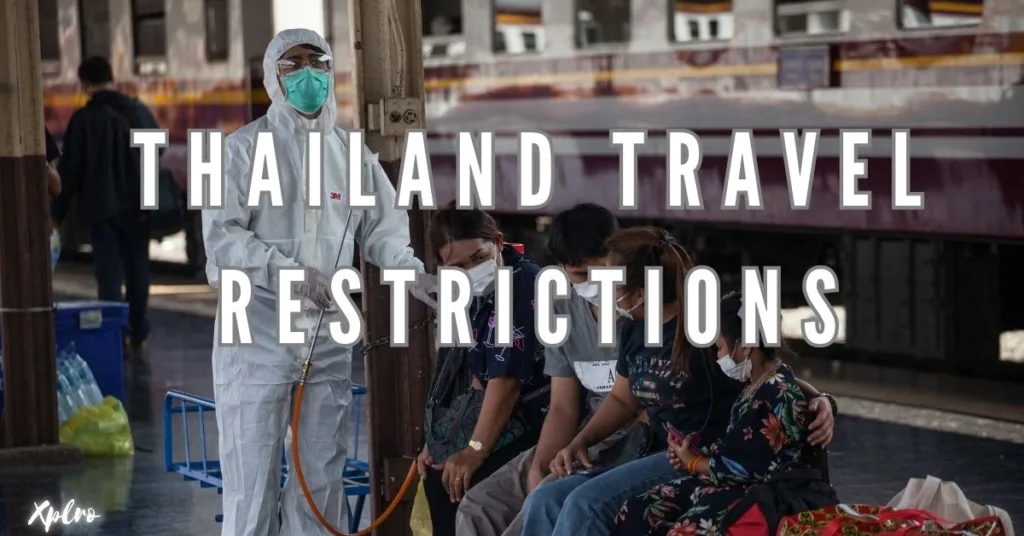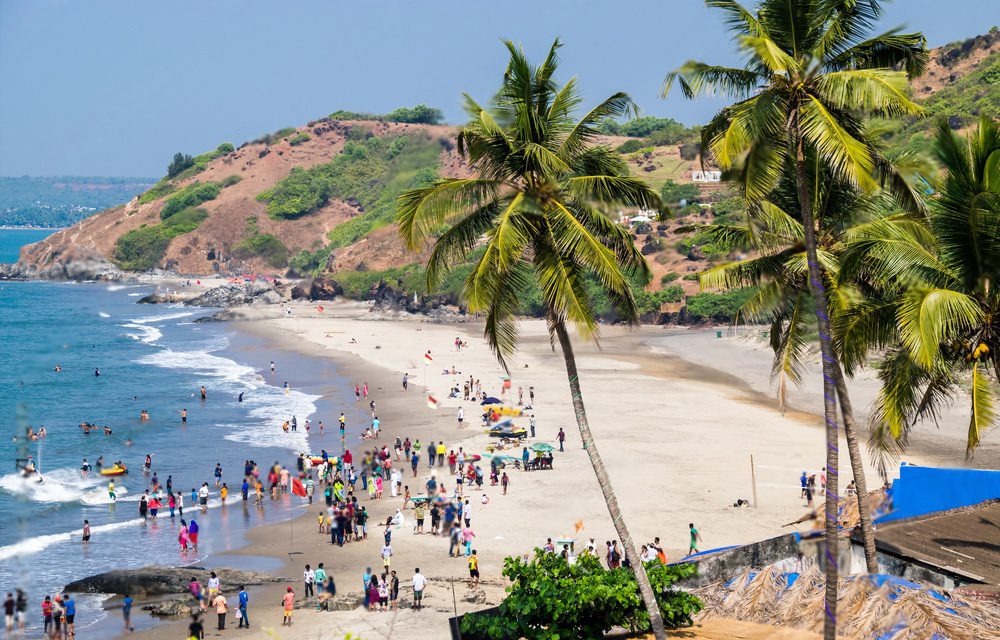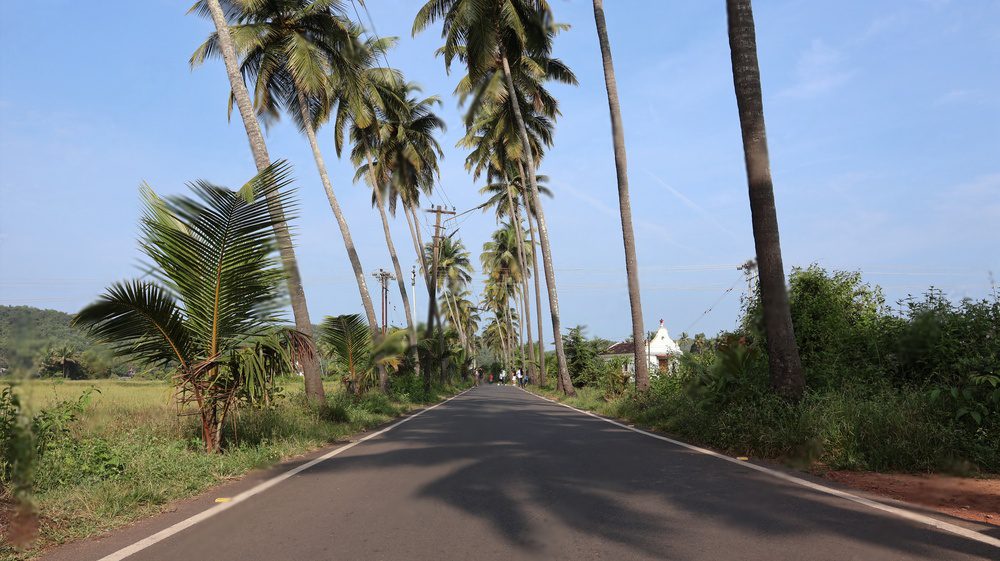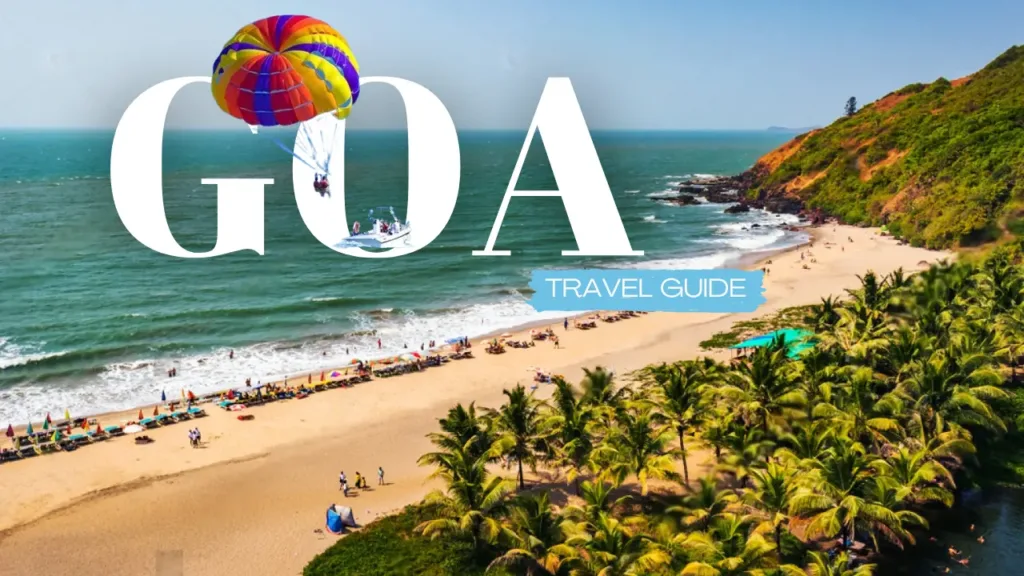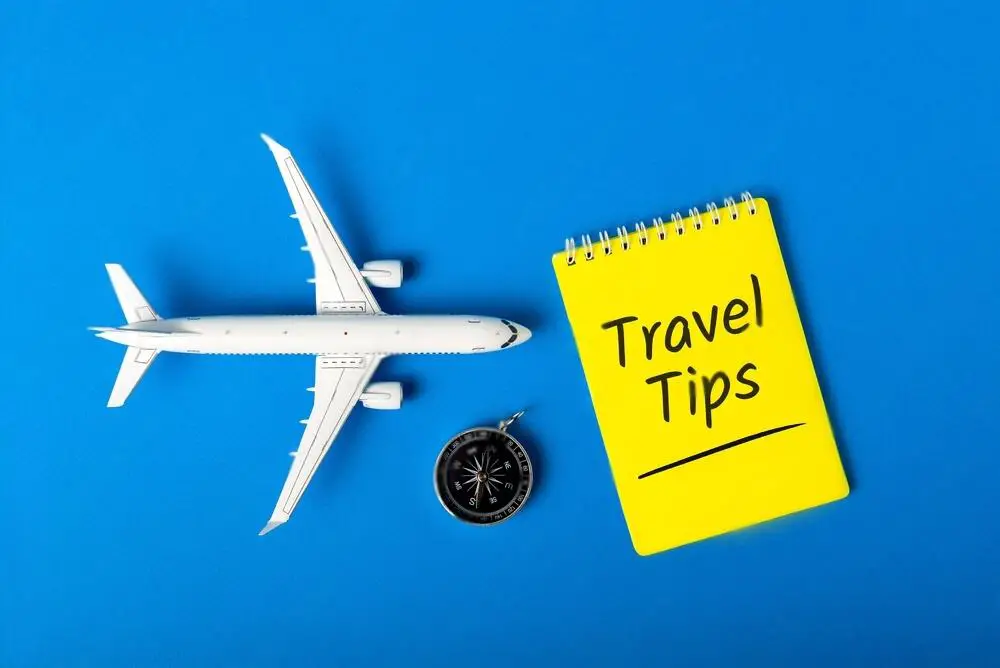Thailand Travel Restrictions, Dreaming of Thailand? With its stunning beaches, vibrant culture, and mouthwatering food, it’s easy to see why! But before you pack your bags, let’s make sure your trip is smooth sailing. This guide will give you the lowdown on everything you need to know about traveling to Thailand, including the latest entry rules, health requirements, and helpful tips to navigate any restrictions.
1. Current Entry Requirements for Thailand
Before you start packing, let’s make sure you have all your entry ducks in a row:
- Visas:
- Good news! Many travelers, including those from the US, UK, and most of Europe, can visit Thailand for up to 30 days without a visa.
- Short trips? You might be eligible for a Visa on Arrival, allowing you to stay for 15 days.
- Planning a longer stay? Apply for a 60-day tourist visa before you go.
- Passport: Make sure your passport is valid for at least six months after you arrive in Thailand.
- The Thailand Pass is no longer required. However, always double-check for any updates on health declarations or similar requirements.
2. COVID-19-Related Restrictions
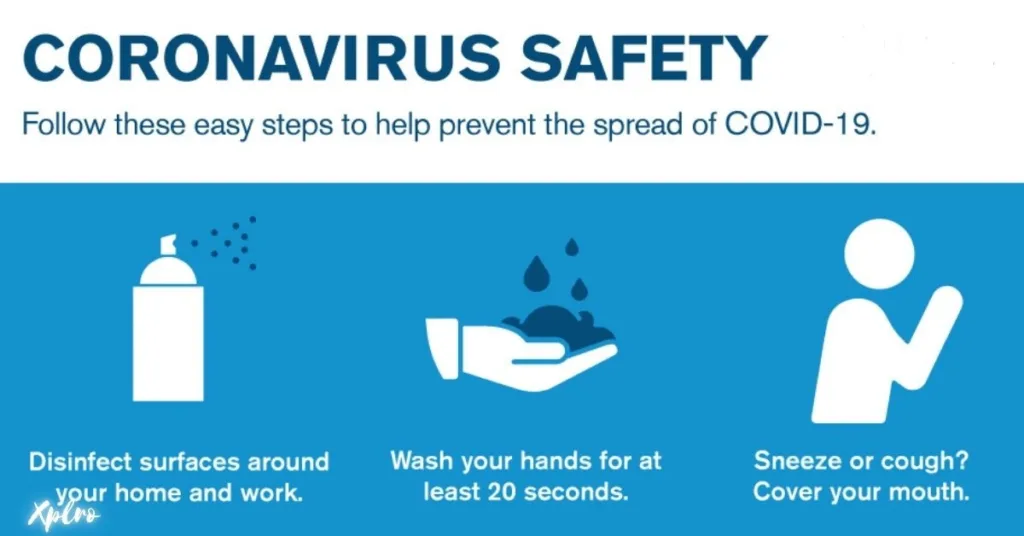

The pandemic definitely changed things for travelers to Thailand. Here’s the lowdown on the current health rules:
- Vaccinations:
- Good news for the vaccinated! You can usually enter Thailand without any extra testing.
- Not fully vaccinated? You might need a negative COVID-19 test (PCR or antigen) taken within 48-72 hours of your flight.
- Health Insurance: While not required, it’s a good idea to get travel insurance that covers COVID-19-related medical costs.
- Masks: Masks aren’t usually mandatory. However, you might need to wear one in crowded places, on public transport, or in hospitals.
3. Arrival in Thailand: Procedures at the Airport
- Immigration: Have your return ticket and hotel bookings handy. Immigration officers might ask about your travel plans or how you’ll be supporting yourself during your trip.
- Health Checks: You might have your temperature checked at the airport. If you’re feeling unwell, you might need extra checks.
4. Domestic Travel Restrictions
Traveling within Thailand is generally hassle-free these days:
- Between Provinces: You don’t need any special permits to travel between provinces. However, some more remote areas might have specific rules, so it’s always a good idea to check before you go.
- Getting Around: Trains, buses, and flights are all running normally. If you’re traveling during peak season, be sure to book your tickets in advance to avoid disappointment.
5. Rules for Public Places and Tourist Attractions
Here are a few things to keep in mind while you’re exploring:
- Temples and Cultural Sites: When visiting religious places, dress respectfully. You might also need to wear a mask in some indoor areas.
- Beaches and Parks: Most beaches and parks are open and ready for you to enjoy! Some might have entrance fees or require you to book in advance.
- Nightlife: Clubs, bars, and other entertainment venues are generally open. However, local rules can vary, so it’s always a good idea to check before you go.
6. Key Tips for Travelers
To make your trip as smooth as possible:
- Stay in the Loop: Travel rules can change fast, so keep an eye on the official government websites or check with your airline for the latest updates.
- Keep Copies Handy: Make copies of your important documents, like your passport, visa, and insurance card. Keep both physical and digital copies just in case.
- Respect Local Customs: Remember to be respectful of Thai culture. For example, take off your shoes before entering homes or temples.
- Be Flexible: Things don’t always go according to plan. Be patient and ready to adjust your plans if needed.
7. Useful Resources for Travelers
Here are some helpful resources to bookmark before your trip:
- Official Websites:
- Thailand Ministry of Foreign Affairs: www.mfa.go.th
- Tourism Authority of Thailand: www.tourismthailand.org
- Emergency Contact Numbers:
- Tourist Police: 1155
- General Emergency: 191
Conclusion, Thailand Travel Restrictions
Thailand, the Land of Smiles, continues to beckon travelers with its breathtaking beauty and unforgettable experiences. Planning a trip to this Southeast Asian paradise can be stress-free! By staying informed about the latest travel restrictions and guidelines, you can ensure a smooth journey and make the most of your adventure. Xplro.com, your travel companion, can help you navigate the entry requirements, health protocols, and local customs. So, pack your bags, plan ahead, and get ready to discover the magic of Thailand!
FAQs
1. Do I need a visa to visit Thailand?
- The visa requirement for Thailand depends on your nationality. Citizens of many countries can enter without a visa for up to 30 days under the visa exemption program. Others may need to apply for a Visa on Arrival, which allows a stay of up to 15 days, or a tourist visa for longer visits. It’s always best to check the latest visa rules applicable to your country before planning your trip.
2. Are there any vaccination requirements for entering Thailand?
- Travelers who are fully vaccinated can usually enter Thailand without needing to undergo additional testing. However, unvaccinated travelers may be asked to present a negative RT-PCR or antigen test taken within 48–72 hours before boarding their flight. The specific rules may vary, so it’s important to confirm the latest requirements before your departure.
3. Is health insurance mandatory for travel to Thailand?
- While health insurance is no longer a mandatory requirement for entering Thailand, it is highly recommended. Having travel insurance that covers COVID-19-related expenses and other emergencies ensures peace of mind during your visit and helps you handle any unexpected medical issues.
4. Do I need to wear a mask in Thailand?
- Mask-wearing rules in Thailand have been relaxed. While masks are not mandatory in most places, they may still be required on public transportation, in crowded spaces, and in healthcare facilities. Carrying a mask with you at all times is a good idea, as situations may arise where wearing one is necessary or expected.
5. What documents should I carry when traveling to Thailand?
- Travelers need to have a valid passport with at least six months of validity from the date of entry. Additional documents, such as proof of onward or return travel, hotel reservations, and financial means for your stay, should also be kept handy. Depending on your nationality, you may need a visa or related paperwork as well.
6. Are public places and tourist attractions open in Thailand?
- Most public spaces and tourist destinations, including beaches, national parks, shopping centers, and temples, are fully open for visitors. While there are generally no restrictions, some locations might have specific rules, such as capacity limits or entry fees, so it’s wise to plan ahead.
7. Is it possible to travel freely between provinces in Thailand?
- Yes, there are no restrictions on domestic travel within Thailand. Visitors can use various forms of transportation, such as buses, trains, or flights, without needing special permits or documents. However, some lesser-visited provinces may have unique guidelines, so it’s a good idea to confirm local regulations in advance.
8. Is the Thailand Pass or a health declaration form required for entry?
- No, the Thailand Pass system, which was implemented during the COVID-19 pandemic, has been discontinued. Travelers no longer need to register or present any health declaration forms upon entry.
9. Are there restrictions on nightlife and entertainment venues?
- Nightlife in Thailand has largely returned to normal, with bars, clubs, and other entertainment venues fully operational. However, local regulations may differ by region, so it’s advisable to check specific guidelines in the area you plan to visit.
10. What are the rules for visiting temples and other cultural landmarks?
- When visiting temples and cultural sites in Thailand, it’s important to dress respectfully. Avoid wearing sleeveless tops, shorts, or other revealing clothing. Shoes must be removed before entering temple premises. In some places, especially indoor settings, masks may still be required, so carry one with you just in case.
11. Are COVID-19 tests required before entering Thailand?
- COVID-19 testing requirements depend on the traveler’s vaccination status. Fully vaccinated individuals typically do not need to undergo testing before entering Thailand. However, unvaccinated travelers may be required to show a negative RT-PCR or antigen test result obtained within 48–72 hours prior to travel. Be sure to verify the latest regulations as they may change.
12. What should I do if I test positive for COVID-19 while in Thailand?
- If you test positive for COVID-19 while in Thailand, you should immediately self-isolate and seek medical attention. Thailand has a robust healthcare system, and both public and private hospitals provide quality care. If you have travel insurance, it’s important to contact your provider for assistance with medical expenses. Following local health guidelines is crucial to ensure your safety and the safety of others.
